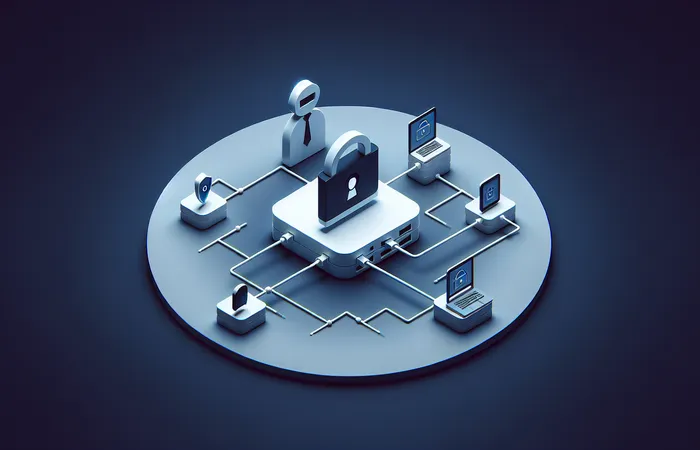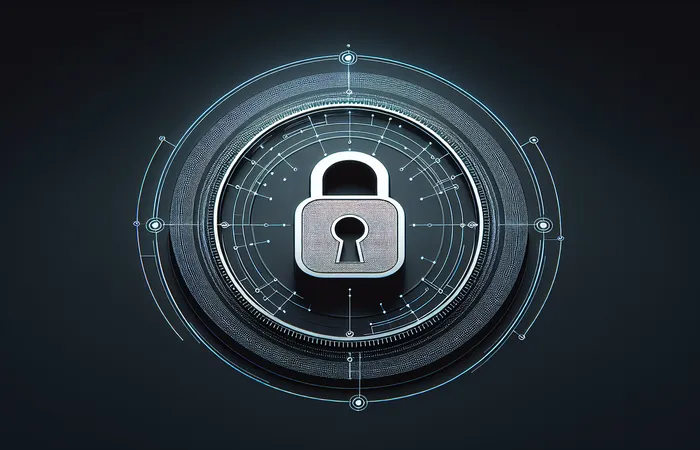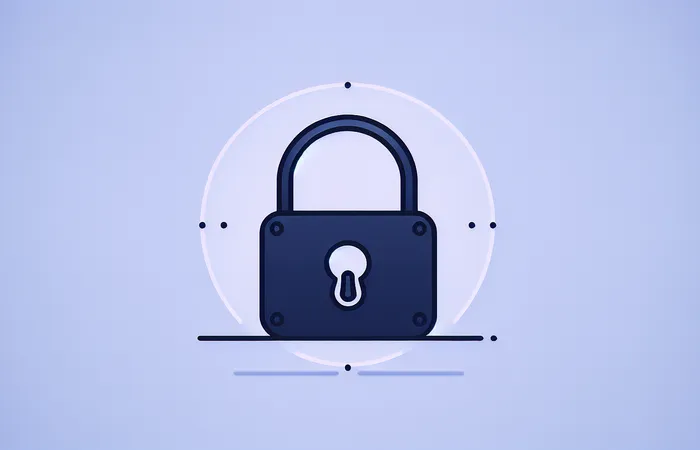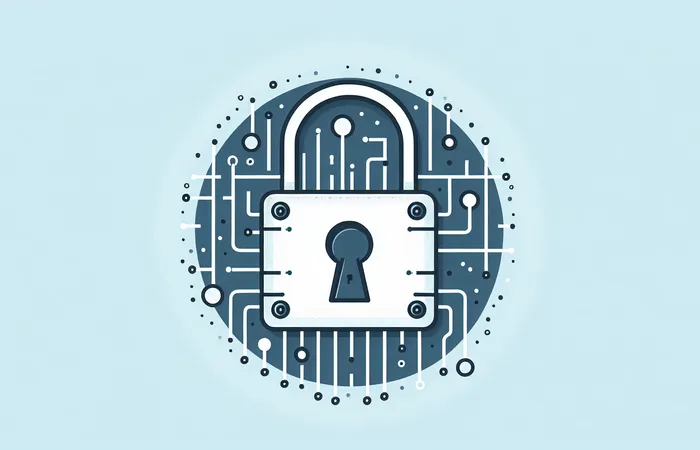The Basics of VPNs: Why They Matter for Your Security

In today's digital age, cybersecurity is more critical than ever. One tool that has become increasingly popular for ensuring online security and privacy is a Virtual Private Network (VPN). But what exactly is a VPN and why does it matter for your security? In this article, we will delve into the basics of VPNs and why they are essential for safeguarding your online activities.
What is a VPN?
A Virtual Private Network (VPN) is a cybersecurity tool that creates a secure connection over the internet. It encrypts your internet traffic and hides your IP address, making it difficult for hackers and cybercriminals to intercept your data. By using a VPN, you can browse the internet anonymously and access blocked websites.
How Does a VPN Work?
When you connect to a VPN server, your device creates a secure tunnel through which your data is encrypted and sent to the VPN server before reaching the destination website. This process ensures that your online activities remain private and protected from cyber threats. Additionally, VPNs can help you bypass geo-restrictions and access content that may be restricted in your region.
Why Do You Need a VPN?
There are several reasons why using a VPN is crucial for your security and privacy. Firstly, VPNs encrypt your internet traffic, preventing snoopers from monitoring your online activities. This is particularly important when using public Wi-Fi networks, as they are vulnerable to attacks by cybercriminals. Secondly, VPNs allow you to browse the internet anonymously, keeping your online identity and location hidden from advertisers and third parties. Lastly, VPNs can help you access geo-restricted content and services that may be blocked in your region.
Choosing the Right VPN
When selecting a VPN service, it is crucial to consider several factors such as the level of encryption, server locations, logging policies, and connection speeds. Opt for a VPN provider that offers strong encryption protocols, a widespread network of servers, a strict no-logging policy, and fast speeds to ensure a reliable and secure connection.
Conclusion
In conclusion, VPNs are essential tools for ensuring your online security and privacy in today's digital landscape. By encrypting your internet traffic and hiding your IP address, VPNs can help protect your data from cyber threats and safeguard your online activities. When choosing a VPN provider, make sure to prioritize security, privacy, and functionality to ensure a seamless and protected online experience.



